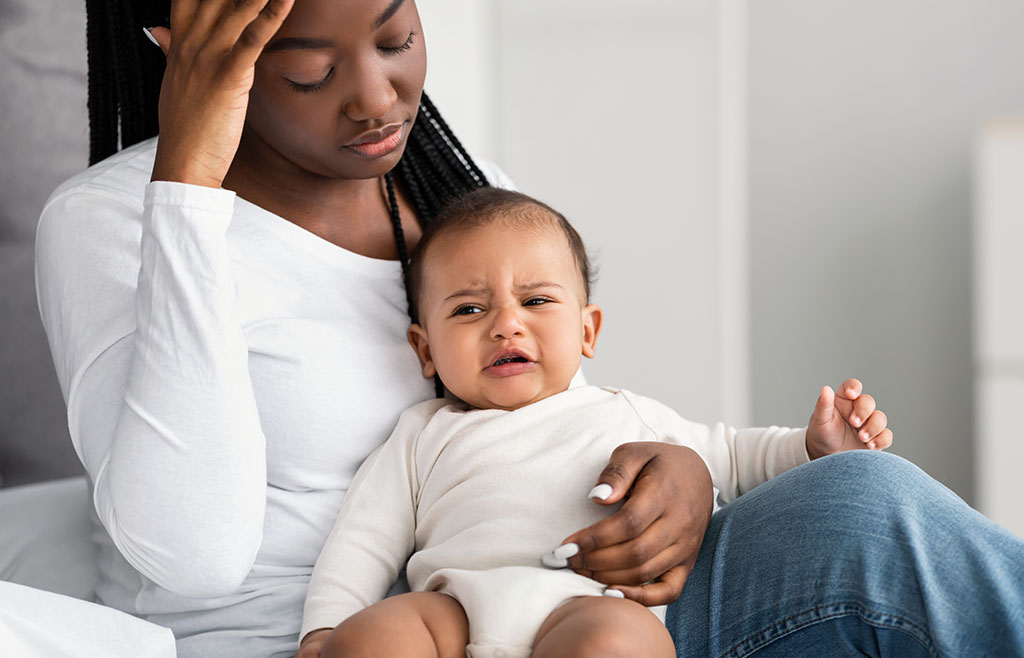You’re Postpartum, Now What? Facts No One Tells You About
You’ve delivered your baby and are entering into a new and exciting chapter in life, but the journey is far from over… you’re postpartum, now what?
While you’ll often hear a lot about preparing for the birth of your child, how much do you know about the postpartum period? This time of life presents its own challenges and rewards, and we want to be sure you’re prepared to meet them.
You’re postpartum, now what? Now we review some important aspects of this time of your life, provide useful tips, and discuss some facts you may not know.
You’re Postpartum, Now What? Review These Important Facts
We want you to be ready for your postpartum time, and that’s why you should be aware of this useful information.
Did you know…
You’ll continue to bleed postpartum.
Lochia is a bloody discharge that may occur for up to six weeks. Remember that it’s important to wear pads—NOT tampons.
You may not feel like having sex.
This is very common—especially if you’ve had a difficult delivery or had to have a vaginal laceration repaired. Actually, we recommend that you should NOT have vaginal sex until after your six-week checkup.
Drops in estrogen levels can cause a dry vagina, which means that when you do have sex, it may be painful or uncomfortable. You may need to use lubricants.
Some women may not feel psychologically or emotionally ready to have intercourse. We want to let you know that this is normal, and you should not have sex until you are physically and emotionally ready to do so.
You may have discomfort or pain while you’re healing.
If you have vaginal tears or an episiotomy, you’ll be sore, and we can help you with pain management. If you delivered vaginally, an ice pack or warm compress may help. If you had a C-section, we’ll prescribe an appropriate pain reliever, and you’ll have to carefully follow instructions on rest and limited activity.
You may have cramps.
When your uterus returns to the size it was before pregnancy, it causes cramps that can be treated with over-the-counter medications.
You may experience constipation or hemorrhoids.
It’s not unusual to develop these conditions after giving birth. Usually, a high-fiber diet and plenty of water resolve the constipation. If your hemorrhoids become worse after two weeks, please contact us for help.
You might lose some of your hair.
But don’t worry, this is typically only temporary. You may also discover that you’ve developed acne as well. But like the hair loss, this will eventually go away after a few months.
You may have crying spells or mood changes.
Some people refer to this as the “baby blues,” which may last for a few weeks before improving. However, there is a condition called postpartum depression that is triggered by hormonal changes. This causes intense depression, emptiness and even harmful thoughts. If you have postpartum depression, it’s vital to discuss this with us. (You can read more about this condition in our earlier blog, “How Long Does Postpartum Depression Last?”)
You’re Postpartum, Now What? Continue to Work With Your Healthcare Team
The postpartum time can be intensely challenging, and certain conditions like postpartum depression are urgent matters that should be brought to our attention.
In fact, we encourage you to review this postpartum personal checklist and review your responses with us.
We want you to know that we’re partners in your care, not just for labor and delivery, but throughout the entire postpartum period. If you’re considering starting or adding to your family, or if you’re struggling with some of the postpartum recovery issues we’ve listed above, please contact us for an appointment.





